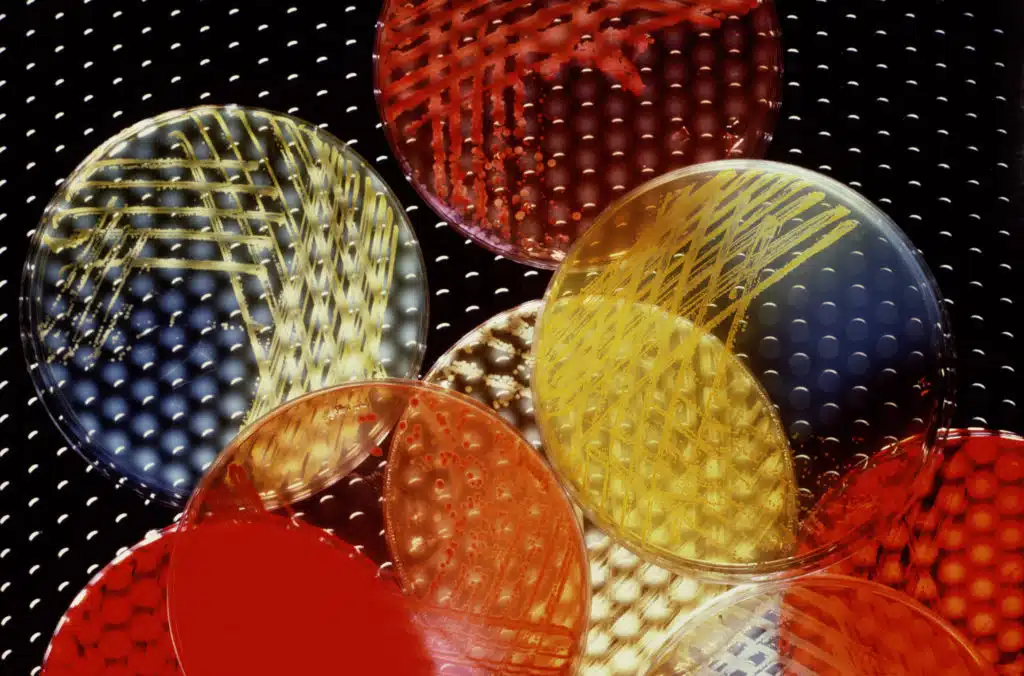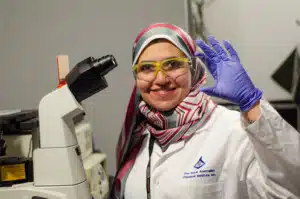The dream of affordable personalised medicine is one step closer to reality as a Tasmanian scientist shrinks a drug-testing laboratory to a size of a hand.
Aliaa Shallan, a PhD student at the University of Tasmania’s school of chemistry, is developing a portable unit that can analyse the drug quinine, using a single drop of blood and costing only a few dollars per test.
“It is devices like this that will make the dream of personalised medicine affordable and dramatically change the quality of life of billions of people around the world,” Aliaa says.
“The challenge was to extract the drug without blood cells and proteins, for which I created nanofilters using controlled lightning; an electric field applied across a thin part of the device. The cost is the lowest among existing nanofabrication techniques,” Aliaa says.
Billions of people take prescription drugs every day but the optimum dose for each person can vary greatly. Personalised medicine accommodates these differences by tailoring the dose according to the drug level in the blood.
Aliaa says creating simple devices that can be used at home is the answer to measuring individual needs without compromising lifestyle. “One example is glucose meters but similar devices for other drugs like antiepileptics and antidepressants are not available,” she says.
The next step in her research will be to apply her method to other approved drugs and to engineer the device for commercialisation.






 Fresh Science is on hold for 2022. We will be back in 2023.
Fresh Science is on hold for 2022. We will be back in 2023.